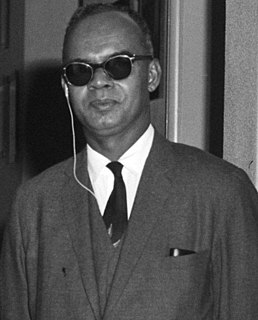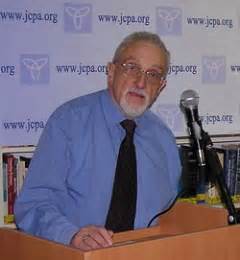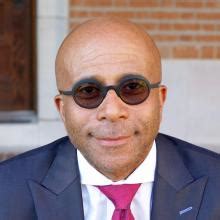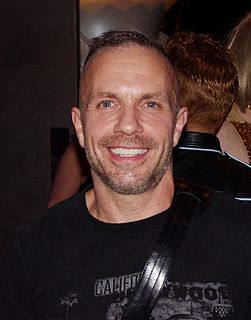A Quote by Rodney Stark
Wherever you've got a state church, you have empty churches.
Related Quotes
There was the strangest combination of church influence against me. Baker is a Campbellite; and therefore, as I suppose with few exceptions, got all of that Church. My wife had some relations in the Presbyterian churches, and some in the Episcopal churches; and therefore, wherever it would tell, I was set down as either one or the other, while it was everywhere contended that no Christian ought to vote for me because I belonged to no Church, and was suspected of being a Deist and had talked of fighting a duel.
Protestants are the more segmented group. Mainline churches - you have problems in the U.S., Europe, the Scottish Church, the Dutch Protestant Church, the state church in Norway. The evangelicals have been pro Israel, but a major effort is to bring them in on the Palestinian side. A huge problem and the problems are rising.
What James Madison and the other men of his generation had in mind when they wrote the First Amendment was that there should be no official relationship of any character between government and any church or many churches, and no levying of taxes for the support of any church, or many churches, or all churches, or any institution conducted by any of them.
The separation of church and state is necessary partly because if religion is good then the state shouldn't interfere with the religious vision or with the religious prophet. There must be a realm of truth beyond political competence, that's why there must be a separation of churches, but if religion is bad and a bad religion is one that gives an ultimate sanctity to some particular cause. Then religion mustn't interfere with the state - so one of the basic Democratic principles as we know it in America is the separation of church and state.
I have been to non-denominational churches like National Community Church in Washington D.C., but I've also gone to Lake Placid Baptist and a slew of other churches. I got baptized with my fiancé (Nic Taylor) this last year at Saranac Lake Baptist Church (in New York), so maybe that makes us Baptist. But for me, it's really been about my relationship with Christ and not so much about a denomination or a label.
Churches can easily bring together, in a short period of time, a substantial number of people, and politicians have to assume that these folks have the potential to vote. Although there's supposed to be a separation of church and state, they want to go to these churches to say hello to the people, and they assume their hello might turn into votes.
There are congregations on nearly every corner. I'm not sure we need more churches. What we need is a church. I say one church is better than fifty. I have tried to remove the plural form churches from my vocabulary, training myself to think of the church as Christ did, and as the early Christians did. The metaphors for her are always singular - a body, a bride. I heard one gospel preacher say it like this, as he really wound up and broke a sweat: "We've got to unite ourselves as one body. Because Jesus is coming back, and he's coming back for a bride not a harem.
It is true that traditional Christianity is losing some of its appeal among Americans, but that is a religious, not political, matter. It is worth remembering that the Jeffersonian 'wall of separation' between church and state has always been intended to protect the church from the state as much as the state from the church.
The Church is not segregated by region or cities. That's an antiquated view of the world. We are united with churches all over the world working toward common goals based on shared values. Mosaic is one of the most racially diverse churches on the planet. Our community and extended Church family is global and completely integrated.
But I must add that the U.S. government must not, as by this order, undertake to run the churches. When an individual, in a church or out of it, becomes dangerous to the public interest, he must be checked; but let the churches, as such take care of themselves. It will not do for the U.S. to appoint Trustees, Supervisors, or other agents for the churches.



































